
What Woodworking Tools Should Be in Your Garage?
Build a safer, more efficient, and more capable workspace with this essential guide to the woodworking tools every garage should have. Learn what each tool does and how to protect yourself with the...
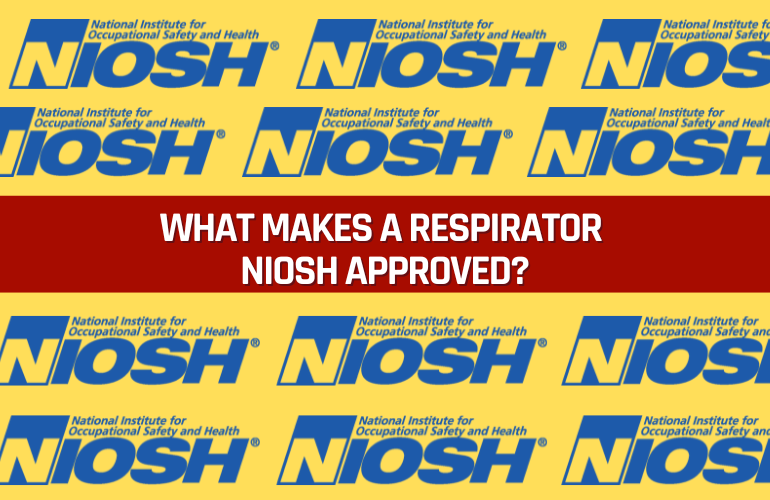
What Makes a Respirator NIOSH Approved?
Learn what it means for a respirator to be NIOSH approved, how the certification process works, and how to choose the right protection for your environment using Parcil Safety’s high-quality gear.

The Ultimate BFCM BOGO FREE Guide
Learn how to maximize your savings during Parcil Safety’s BFCM BOGO Free event, discover which gear is worth stocking up on, and get insider prepper tips for choosing the right protection.
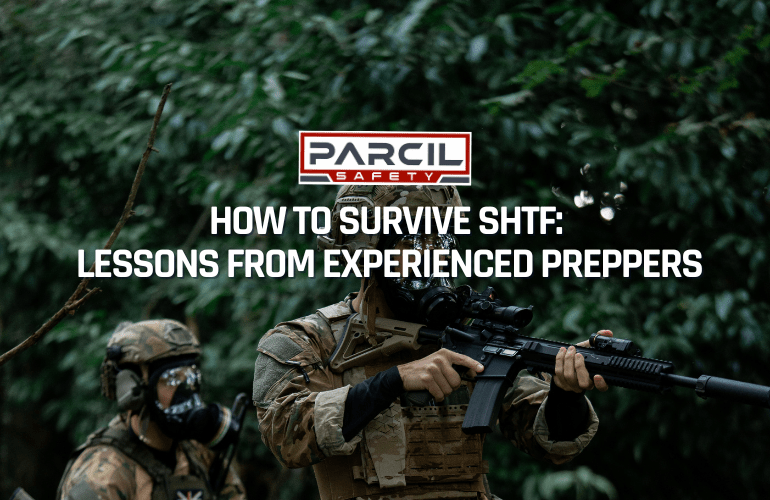
How to Survive SHTF: Lessons from Experienced Preppers
When the world shuts down, the unprepared panic — but preppers act. Learn how to survive SHTF scenarios with tactical insight, proven preparedness steps, and gear built to keep you breathing throug...
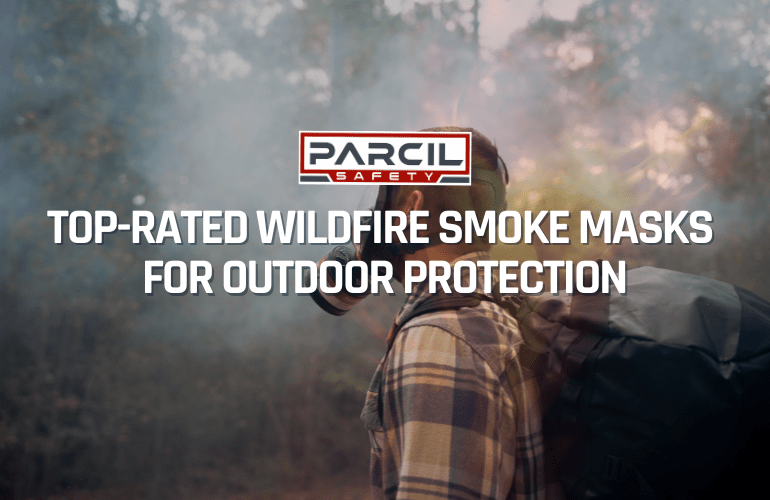
Top-Rated Wildfire Smoke Masks for Outdoor Protection
Wildfire smoke can travel hundreds of miles and affect anyone outdoors. Learn which masks truly protect you, what filters matter, and why Parcil Safety respirators lead the way in real-world protec...
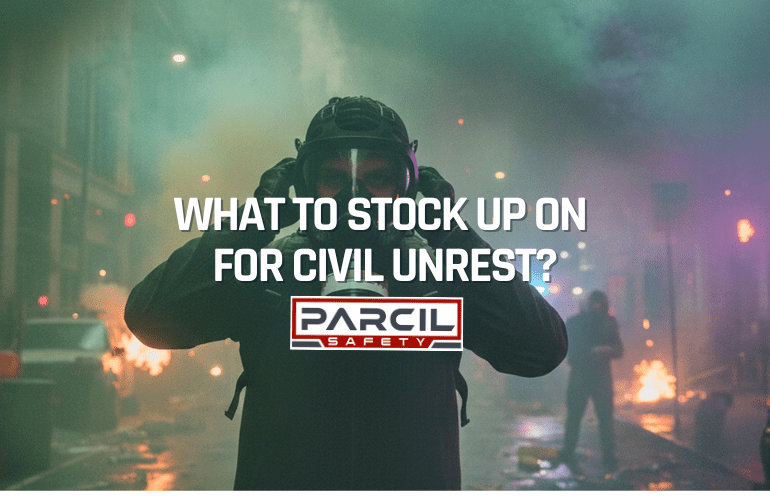
What to Stock Up On for Civil Unrest
Civil unrest can happen fast and without warning. Learn how to prepare your home, your gear, and your mindset — and why a tactical respirator like the CS-100 Riot Control Gas Mask should be part of...

When Is BFCM 2025 and What Deals Are Waiting for You?
Black Friday and Cyber Monday 2025 run from November 20 to December 1. Discover Parcil Safety’s biggest event of the year, featuring sitewide BOGO deals, limited-time bundles, and a special live ev...
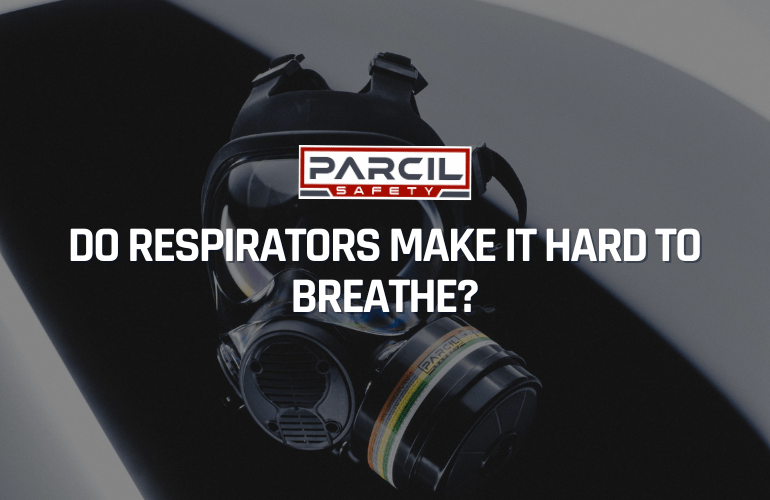
Do Respirators Make It Hard to Breathe?
Learn why respirators may feel restrictive at first, how they’re designed to keep airflow steady, and how Parcil Safety masks ensure comfort without compromising protection.
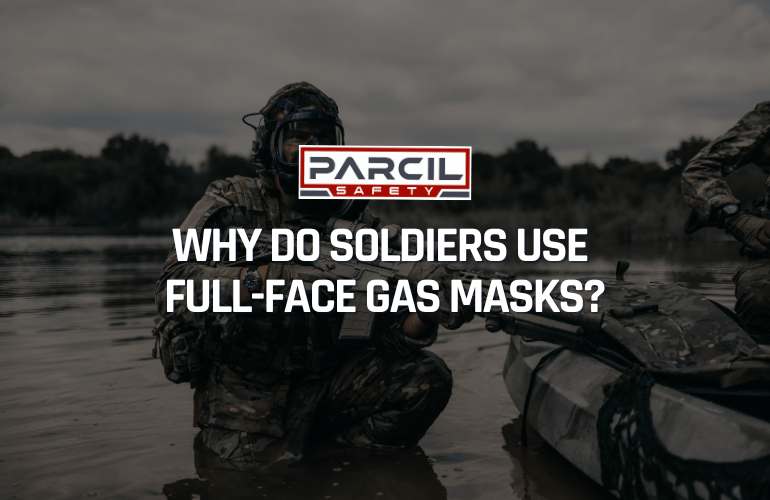
Why Do Soldiers Use Full-Face Gas Masks?
Discover why full-face gas masks are essential in military and tactical missions, how they protect against modern threats, and what makes Parcil Safety’s defense respirators mission-ready.



















